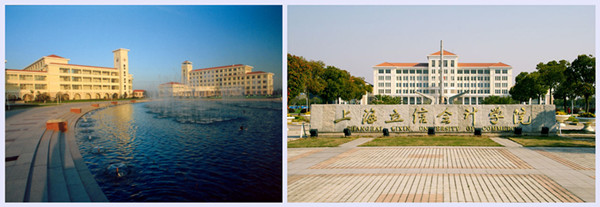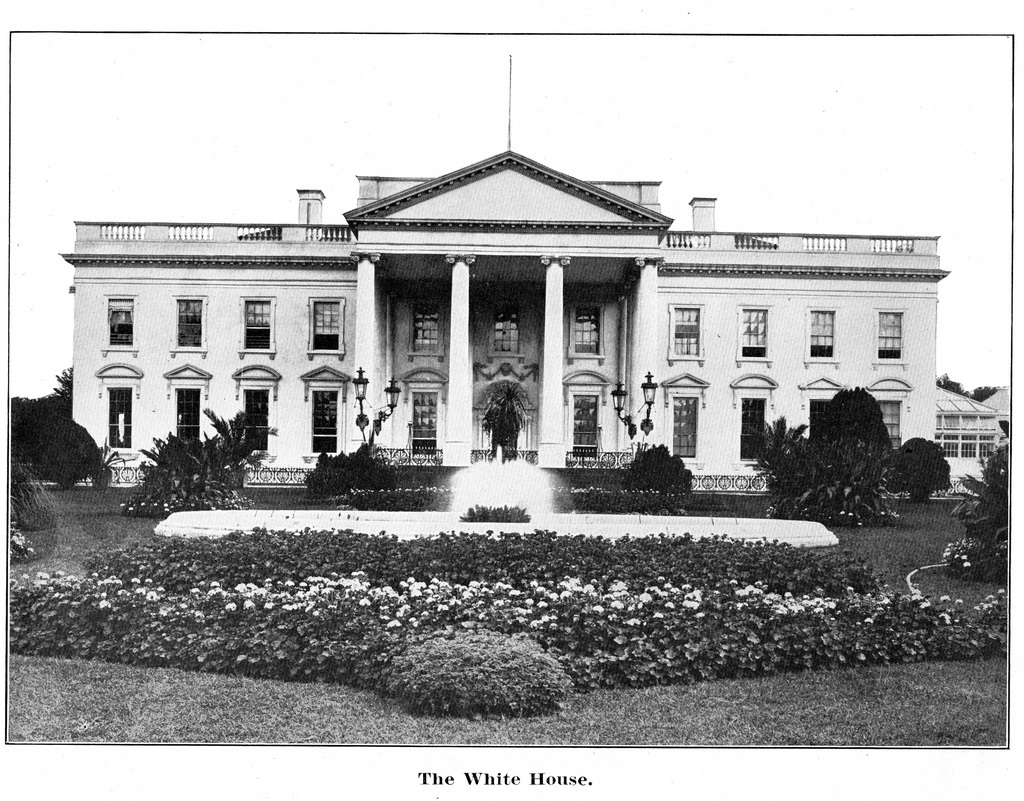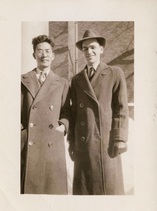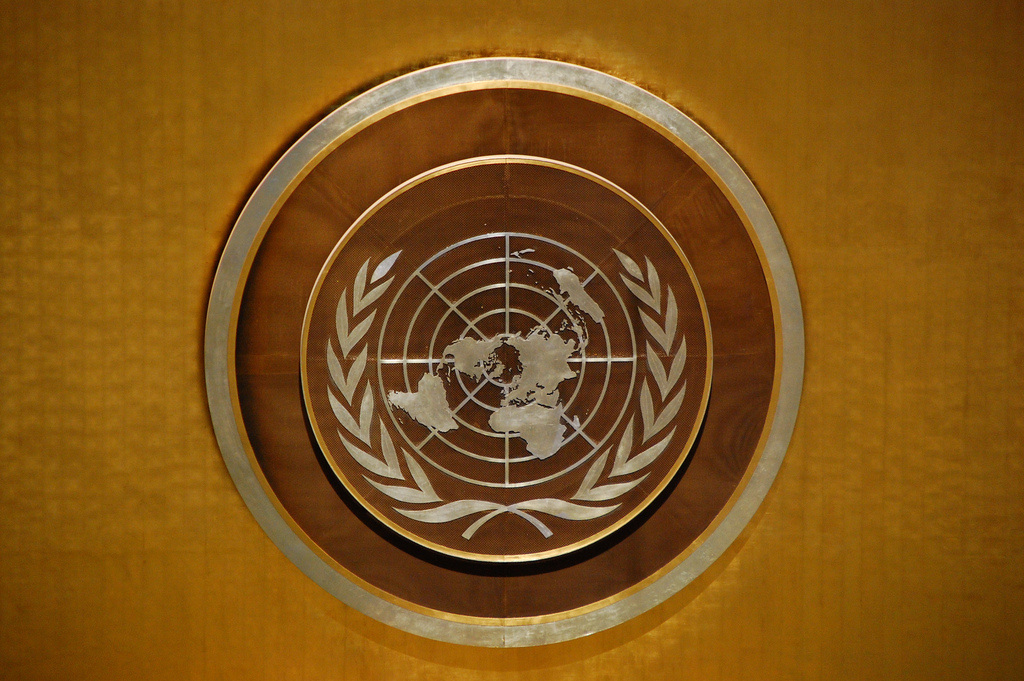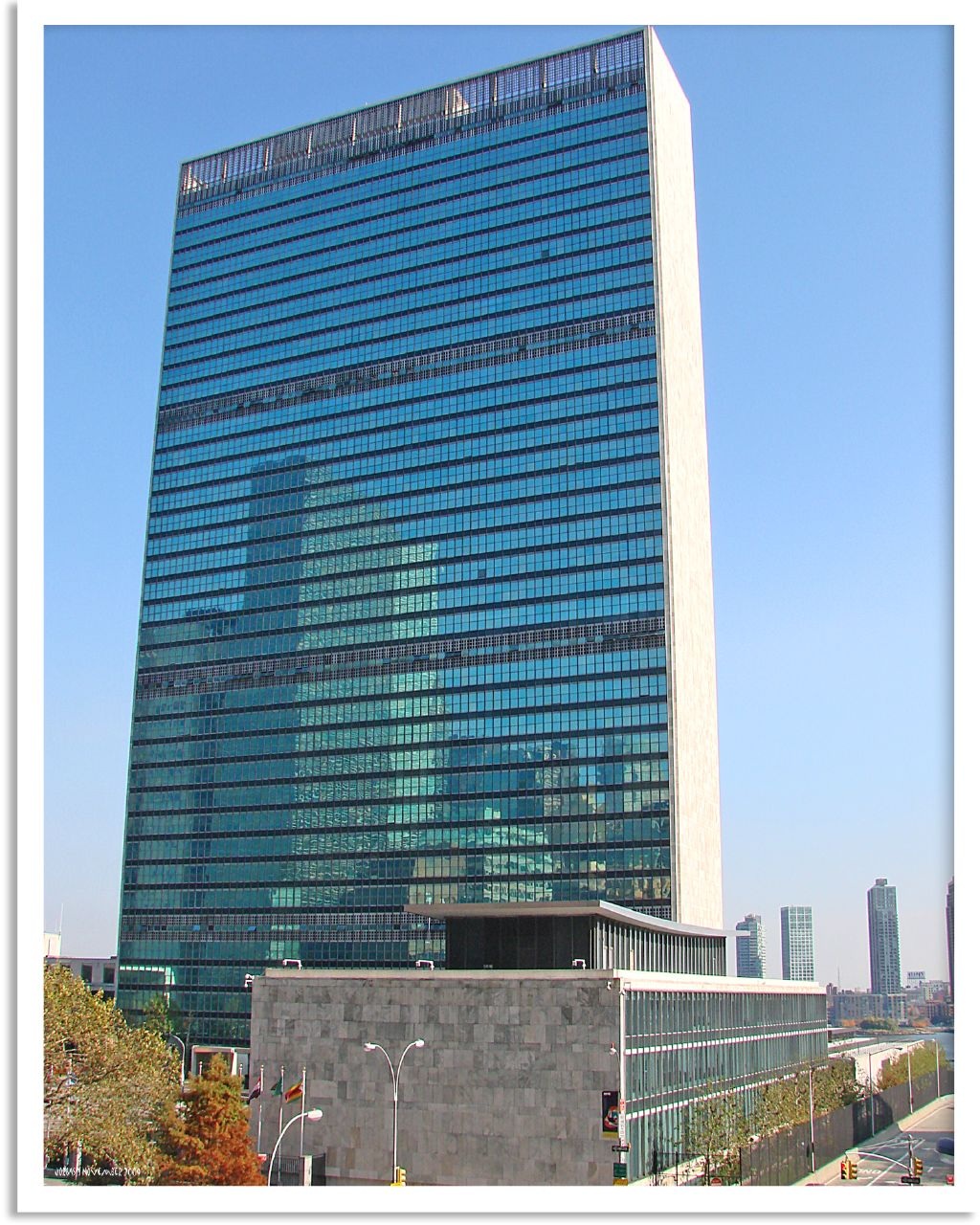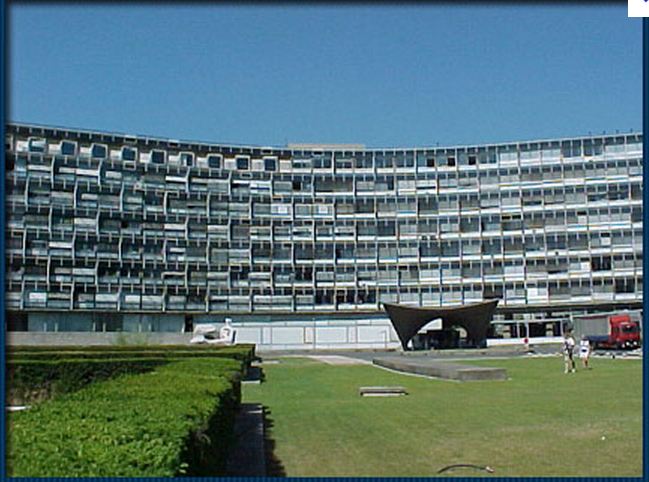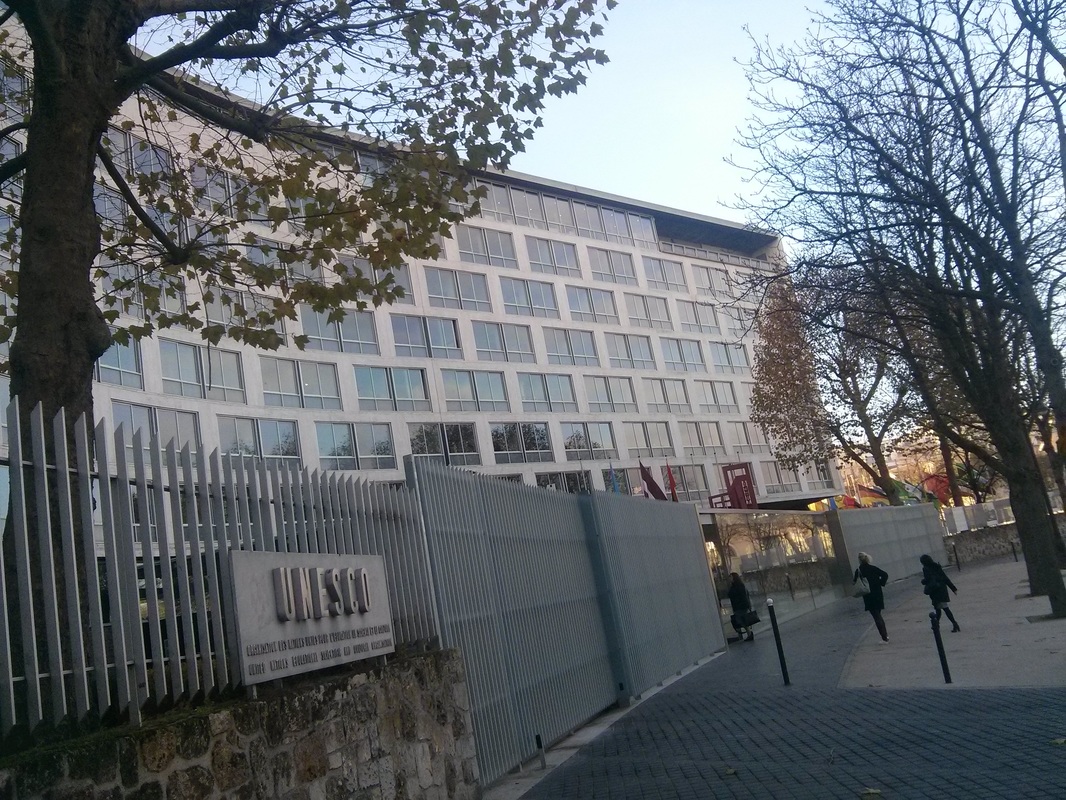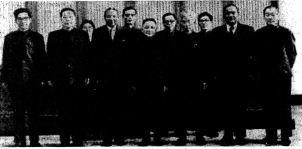From Jiang Su To New York to Paris: The Life Of A UNESCO Undersecretary by Chen Yue
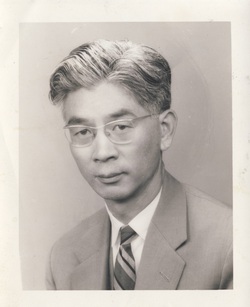
The fifth plenary session of the eighth China’s Political Consultative Conference was held in Beijing on February 25, 1997. I attended this conference as a secretary representing a small group. In the hotel I happened to come across an old man who spoke with the accent of my hometown, Lianyungang. He was not tall, silver-haired, and looked rather thin. A middle-aged man was supporting him with his arm. During these years, it was not very often for me to run into someone who spoke my hometown’s dialect. It turned out he was a native of my hometown indeed, and that middle-aged man was his nephew. We had dinner together and chatted. The more we chatted, the more we became familiar with each other. He was Mr. Tien Cheng Young, former undersecretary of UNESCO.
Crossing the Pacific to the United States After over one month’s travel, Tien Cheng reported to the U.S. Federal Budgeting Bureau in January 1945. At the age of only 28, Tien Cheng was a quiet but hardworking young man. He knew he should cherish this precious opportunity to study abroad. In the daytime he buried himself in doing research and writing papers and reports. At night he read voraciously in this own room. Not far from the White House was the American University, quite a few of whose professors were senior officials from either the Federal Budgeting Bureau or other departments. During World War II, many American researchers worked for the government or joined the army. At that time the American University was not so famous as it is today. It was somewhat like those adult education colleges in China. Tien Cheng’s professor was his teacher at night and his colleague in the day. Tien Cheng’s paper titled How To Reform the White House’s Administrative System was highly appraised by his professor who was also associate director of the Bureau. In order to familiarize himself with the American budgeting system, he worked fourteen hours every day. After he completed the study eighteen months later, Tien Cheng reported the result to his home country. His superior requested the republic government cite him for doing such a brilliant job. Recommended by Federal Budgeting Bureau and his American University professors, Tien Cheng was admitted to Harvard University with financial assistance. He wrote to his superior in China and asked for permission to study at Harvard. Permission granted. In September 1946 Tien Cheng entered Harvard’s public administration program and received his master’s degree the next year.
When he graduated from Harvard, Tien Cheng sought Chen Qicai’s advice on whether he should go back to work in China. Chen told him that China changed tremendously after winning the anti-Japanese war and he was no longer obligated to go back. Tien Cheng was 30 that year. At the invitation of a friend, Tien Cheng began to work as a commissioner for United Nations Budgeting Bureau with an annual salary of $5,000. At the same time he was also pursuing his doctoral studies in political science at New York University. The UN headquarters was located in the New York suburbs, while New York University was in the downtown. Commuting was time consuming. It was already late night when he got home and he had go to work at six the next morning. It was during that time that Tien Cheng married Wu Juying, a graduate of economics from Fudan University. They had a son named Shanghai. Two years later, Tien Cheng completed all the required courses and received his Ph.D. |
Crossing the Atlantic to Paris - the UNESCO YearsIn April 1949, Tien Cheng and his family crossed the Atlantic Ocean to work as a budgeting commissioner for UNESCO located in Paris. He lived there 38 years till all his hair turned white.
When Qianquan started to work there, it was less than 3 years since UNESCO, a United Nations agency, was founded. His family lived in the suburbs. Their life was not rich but happy. Every weekend Tien Cheng would sort out his outdated newspapers and magazines and burn them out beside their garage. To address the serious racial discrimination issue and uphold the principle that peoples all over the world enjoy human rights, freedom and respect irregardless of their race, gender, language or religion, the UNESCO passed Racial Declaration in 1952, emphasizing racial equality. In its brochures three boys were portrayed to play together, with each boy representing one of the yellow, white or black colors. Because Tien Cheng’s son looked very cute, he was picked to represent the Asian race. On the conference held in Uruguay in 1954, Tien Cheng was nominated and appointed associate director of the Budgeting Bureau. The secretary-general said Tien Cheng was a magical expert in budgeting and he should be entrusted with enough power to, every once and a while, inspect any member nation on behalf of the UN and budgeting decision would be made base on his reports. Tien Cheng’s footmarks were left in every corner of the world. He went to remote places in India to inspect its education system, and he also visited South Africa. Tien Cheng’s dedication won the trust of four secretaries-general, who were from Mexico, United States, France, and Senegal, respectively. In 1975 he was appointed director of the Budgeting Bureau. In 1980 he was promoted to be undersecretary and at the same time held the director position. Tien Cheng was promoted to such a high-ranking post not only because he won the trust of his superior but also he was supported by his home country, China. He and then secretary-general made three visits to China in 1975, 1978, and 1983, respectively. After he resigned from the undersecretary position in 1984, Tien Cheng served as special advisor to the secretary-general for three years. In 1987 he retired officially. Then he moved to the Mediterranean city of Cannes located in southern France, and enjoyed his retirement. But he always missed his motherland China. Tien Cheng has a strong attachment to classic Chinese poetry. He once showed me a poem he wrote to express his homesickness. |
TC Young a Chinese at heart - Back to China
A Chinese Heart Although his prime years were devoted to international affairs, Tien Cheng always wished to do something for his home country. China regained its UN membership in 1971, and joined UNESCO in 1972. When China’s voice was heard again at UNESCO, Tien Cheng was moved to tears. He immediately went to the Chinese Embassy in France and had his passport changed to Chinese passport. Because it was not long before it resumed its UN membership, China was not yet familiar with the ins and outs of United Nations. Drawing from his extensive experiences in UN, Tien Cheng tried his best to help China. Recommended by China’s State Education Committee, Tien Cheng was appointed committee member of the National Political Consultative Conference. Despite that he was aged and his health was declining, he insisted to attend the conference, participate in government and political affairs, and make suggestions.
Over eleven years, he, out of his love of his motherland, has made many valuable suggestions and proposals to address and resolve important issues existing in China’s basic policies. At the fifth plenary session of the eighth China’s Political Consultative Conference, I saw him writing a speech of thousands of words with his trembling hand.
Summarizing his over fifty years of working and living with peoples from all over the world, Tien Cheng said our Chinese traditional values, such as loyalty, filial piety, benevolence, propriety, righteousness, honesty, and a sense of shame, are not only the core of Chinese culture, but also universally accepted “currency” and “credit card”. We should not regard them as platitudes or dump them. In order to explore, protect and uphold the Chinese traditional culture, at this conference he proposed the establishment of a Chinese Cultural Heritage Fund, and called for donations from 55 million overseas Chinese.
He not only advocated in words, but also contributed $100,000 of his own savings to establish a scholarship in his hometown. Every year the 50,000 RMB interest generated from that money is used to reward brilliant teachers and students of good character and scholarship who come from financially disadvantaged families. A total of 91 students and teachers received this scholarship at the first awarding ceremony. Being advanced in years, Tien Cheng could not make the trip to his hometown to personally award the scholarship. His nephew Yang Shanchun came and read the congratulating telegram sent by him from France. In his telegram, he encouraged students to study hard and serve the motherland in the future.
CREDIT: Translated from an article by Cheng Yue, born in Lianyungang in 1970, MA from Nanjing University, Ph.D. from China’s Institute of Social Sciences, currently working for the National Youth League Secretariat.
